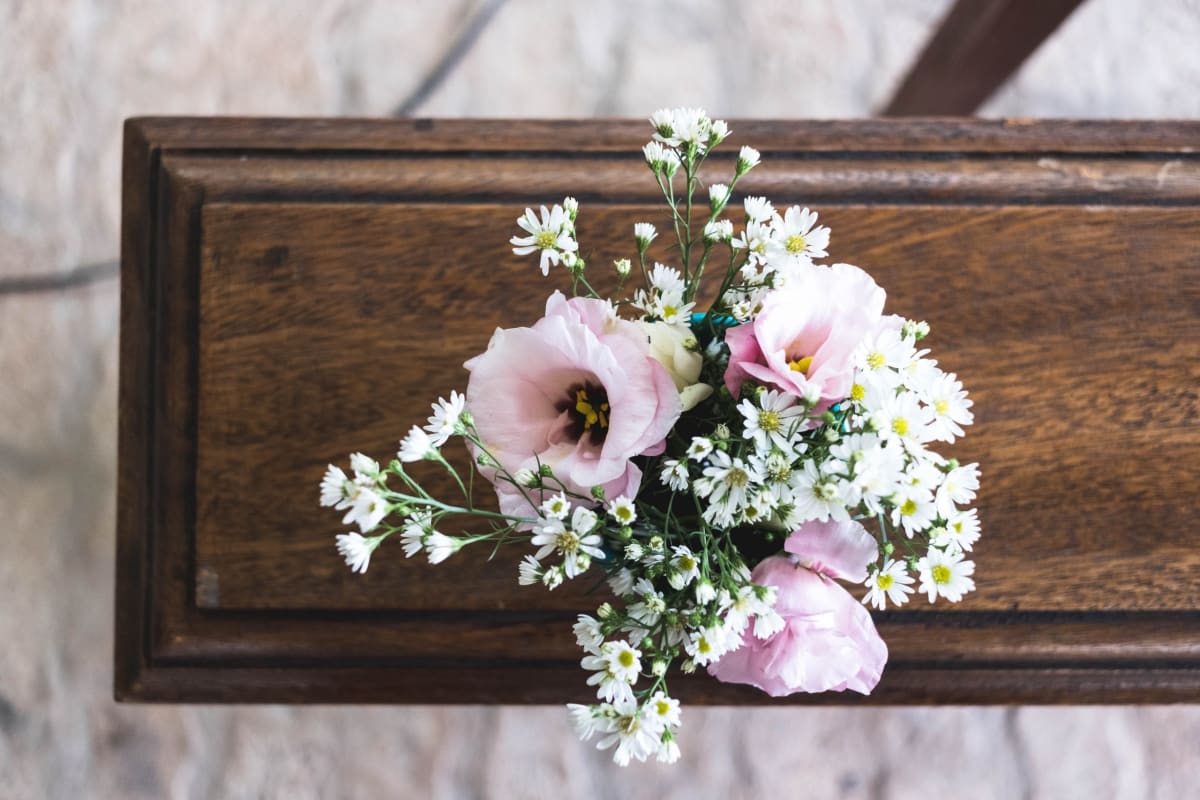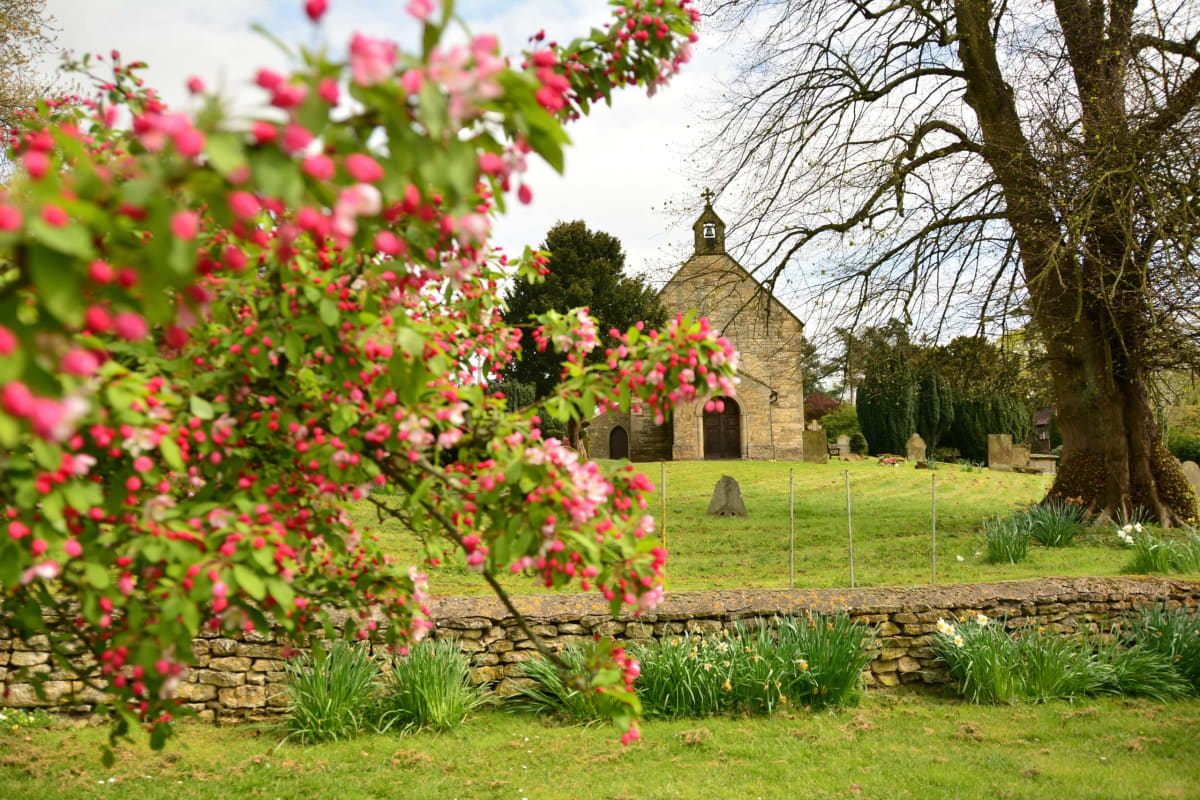
As a growing number of people become more aware of environmental issues and the impact our every action has on the natural world around us, greater emphasis is being placed on developing green alternatives for many of the processes which we take for granted. The funeral industry is no different, and there are a number of innovations currently being developed which aim to lessen the environmental impact of a funeral service. Resomation is a perfect example of this phenomenon and illustrates how new technologies are challenging long held traditions in order to reduce our environmental footprint and provide the public with options that limit harm to our planet.
Although the process of cremation, in one form or another, has been practiced for much of human history, resomation could soon prove an environmentally friendly response to many of the environmental concerns being expressed about the burial and cremation of our deceased. In order to give you a greater insight into how the process works and when it may become widely available, we’ve created this helpful guide to everything you need to know about resomation.
For more information on organising an eco-friendly funeral, read our dedicated article on the topic. There are plenty of environmentally friendly funeral directors whom we work with. Find them with just your postcode on this page.
The resomation process explained
Superficially, the resomation process is incredibly similar to modern cremation. In fact, up until the body is committed and passes from view, a resomation service would be no different from that of a normal cremation service. This means that many current crematoria will be able to install a stainless steel resomation tank alongside their existing cremation technology, meaning that they could become dual function in the future.
However, once the body is committed an entirely different process begins. The resomation tank, known as a resomator, is in fact a special type of pressure chamber that allows a body to be immersed in a special solution of potash lye and water – a process also known as alkaline hydrolysis. Gas powered steam generators than build the pressure inside the tank until the temperature rises to the required level and a chemical reaction takes place that separates the body into two distinct substances, usually over a period of three to four hours. These substances are an ash, consisting of calcium phosphate from the bones, and a bio-fluid that’s made up of salts, sugars, peptides and amino acids. While the fluid is drained off and disposed of, the ash can be collected and either kept in an urn or scattered, much like what happens currently following a cremation. This liquid is free of any genetic material.
The benefits of resomation
Resomation is considered better than modern cremation processes for a number of reasons, though its greatest benefit is a reduction in the amount of energy required to complete the process. Most research suggests that resomation consumes one third of the amount of energy that cremation does, while it also drastically lowers carbon and mercury emissions. Finally, it also provides a solution to many issues associated with burial, such as limitations on the amount of land available for burial sites and rising burial costs.
Legal status of resomation
As a new technology, the precise legal foundations surrounding the practice are yet to be fully defined and solidified. While at least eleven states in the USA have legalised the process and some provinces in Canada allow it, the majority of the UK is yet to legislate specifically on the matter. However, in Scotland, the Cremation and Burial Act 2016 has provided a clear platform for the introduction of resomation technology and it is worth noting that in England there seems to be no legal opposition to its implementation as long as it complies with all existing building and environmental regulations.
While it seems clear that resomation is a viable alternative to cremation, it remains to be seen whether it will be a popular one. Though trends in the funeral industry do suggest that people are prepared to depart from tradition and opt for more personalised funerals that reflect their own beliefs and preferences, it is not known how customers will react to the new technology.
Perhaps, as the issues facing traditional burial methods become more acute, we will see a shift towards more environmentally and space friendly methods like resomation, although only time will tell.
For more info on resomation and its legal status, check out this handy site.




LS, could you please inform how much pressure is being built up in the resomation tank. Thanks in advance.